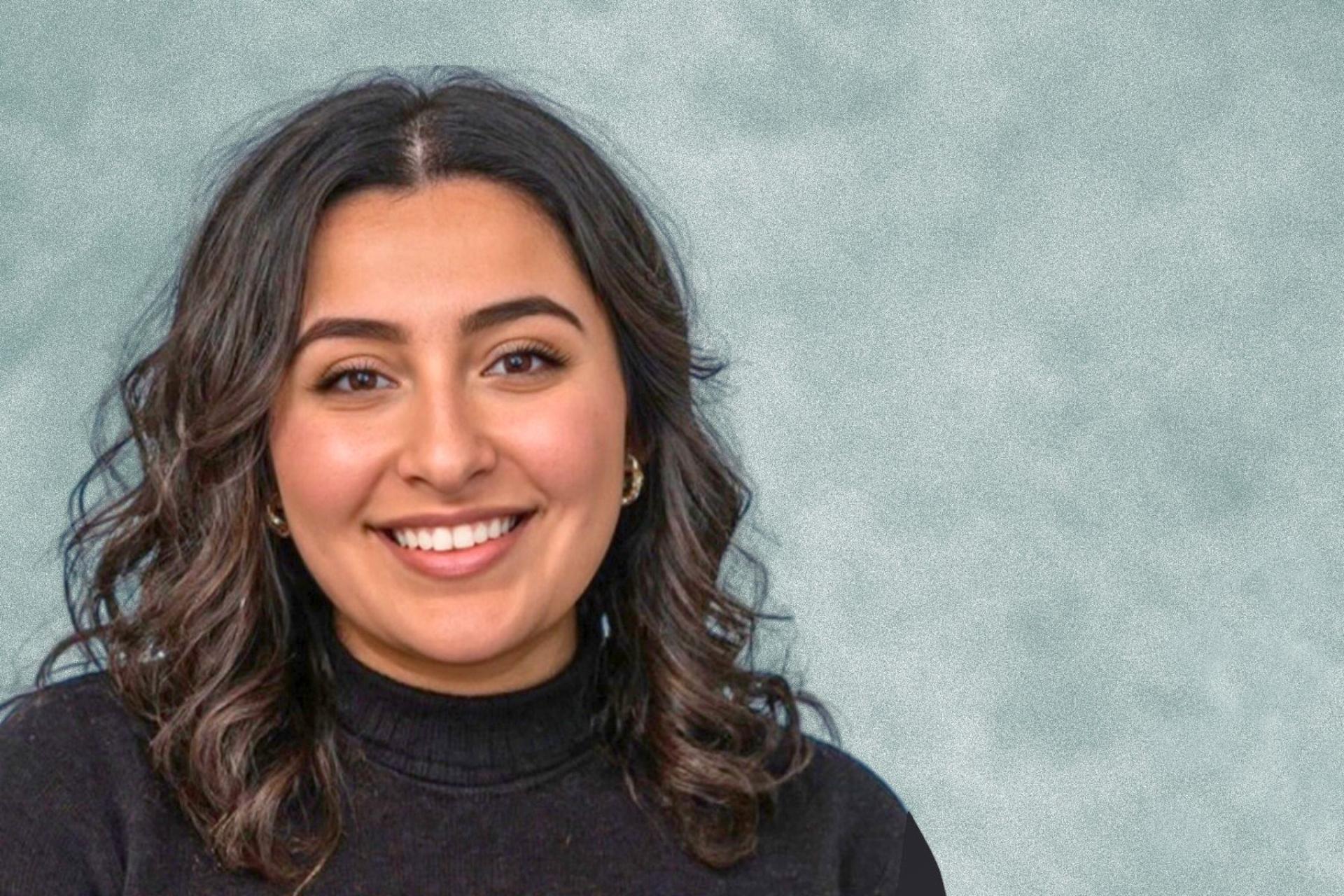
James Moore Visit Highlights Importance of STEM Education
Dec. 5, 2024
A recent visit by James L. Moore III, assistant director for the Directorate for STEM Education at the National Science Foundation (NSF), provided opportunities for Moore to learn about Lehigh’s STEM initiatives, and for the Lehigh community to learn about NSF funding opportunities that can help support those initiatives. A champion for inclusion, Moore is nationally recognized for his work with African American males. Since 2018, he has been cited annually by Education Week as one of the 200 most influential scholars and researchers in the United States.
James L. Moore III, assistant director for the Directorate for STEM Education at the National Science Foundation, greets a member of the campus community during a recent visit to Lehigh.
As a university founded with a focus on engineering, STEM education continues to be central to Lehigh’s mission. During his visit, Moore met with Stephen DeWeerth, dean of the P.C. Rossin College of Engineering and Applied Science; Derick Brown, associate dean for undergraduate education in Rossin; and Bill Gaudelli, senior vice provost for innovation in education, to discuss the college’s focus on innovation in the first-year engineering curriculum. Moore also met with biological sciences faculty member, Neal Simon, who coordinates Rapidly Accelerated Research Experience (RARE), one of a number of Lehigh programs that engage undergraduate students from underrepresented backgrounds in STEM.
The visit culminated with Moore’s meeting with Teaching, Learning, and Technology (TLT) program faculty and students, followed by Moore’s presentation of the 2024 College of Education (COE) Distinguished Dean’s Lecture at Ben Franklin Technology Partners. Moore shared his insights into the current state of education in the United States, described a path forward and highlighted funding opportunities that are available to researchers, educators and students through the NSF.
From left: Robin Hojnoski, acting dean of the College of Education; James L. Moore III, assistant director for the Directorate for STEM Education at the NSF, and Tom Hammond, program director for the Teaching, Learning and Technology program.
He began his remarks with a call to action for the educators—and future educators—assembled. “We are at a crossroads in our nation, and we have to decide how we will maintain our edge as a leader in scientific inquiry, discovery and innovation,” he said. “We can't do that without having you in the room.” In his role with the NSF, Moore travels the country talking with educators about the challenges they face. Their insight informs his work. For Acting COE Dean Robin Hojnoski, these words rang especially true.
“Dr. Moore spoke about the need to strive for excellence in education without excuses,” she said. “In the College of Education we do this every day.”
Moore pointed to the need for quality teachers and the shortages that many communities face—especially in rural and urban environments. “I know we can get there, but we won't have enough teachers to work in those spaces overnight,” Moore said. “If we don't want to lose a generation, we have to make sure that we utilize technology, creativity and collaboration.”
Toward that end, Moore outlined the resources that are available through the NSF to support education and research. “NSF is the largest entity in the federal government, arguably in any sector in the world, that focuses on educational research,” Moore explained. Among the programs supported through the NSF is the Graduate Research Fellowship Program—the oldest NSF program, and one that has produced 46 Nobel laureates.
As part of the evening event, Hojnoski recognized the 2024 recipient of the Percy Hughes Award.
Kallie (Ziltz) Pearl'16 '17 '18G '24 Ph.D. is a four-time Lehigh alumna, most recently graduating from the College of Education’s TLT program with her doctoral degree. Pearl joined the P.C. Rossin College of Engineering and Applied Science faculty in 2020, where she has developed innovative ways to engage students—especially women and other underrepresented populations—in computer science.
“Pearl’s research and practice exemplify both Hughes’ and Moore's commitment to improving educational opportunities for all students—especially those who have been historically marginalized,” Hojnoski said.
Individuals interested in learning more about the funding opportunities available through the NSF are encouraged to visit the following websites:


